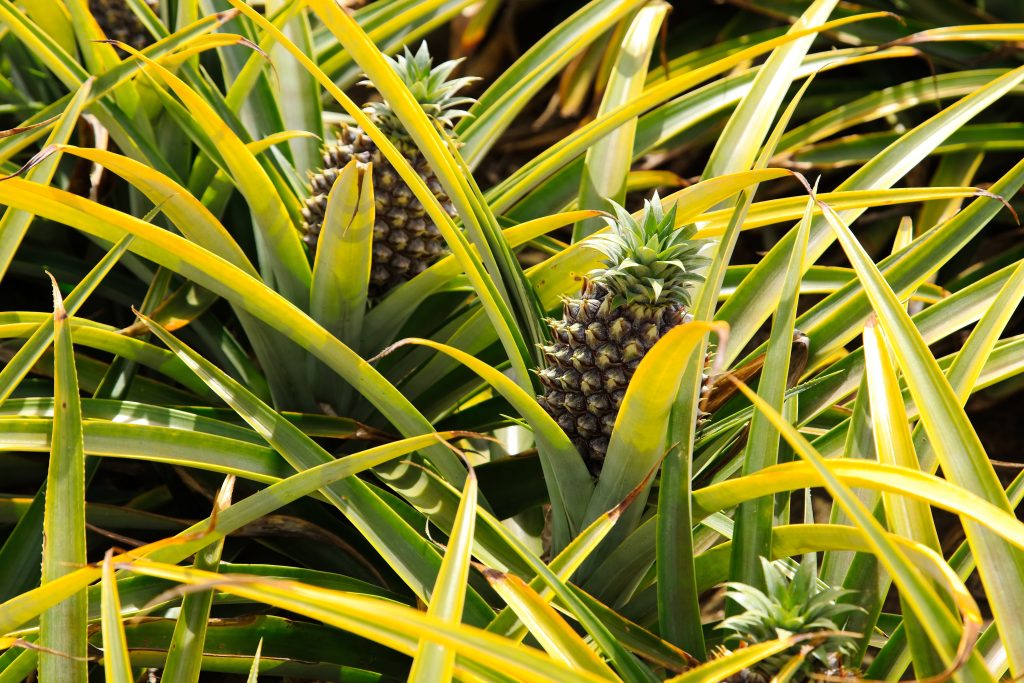1. Executive Summary:
Pineapple farming presents a promising opportunity in Nigeria, leveraging the country’s favorable climate and growing demand for tropical fruits. This proposal outlines a comprehensive plan to establish and operate a pineapple farming business, focusing on sustainable practices, market analysis, and financial projections.
2. Introduction:
Pineapple, a tropical fruit rich in flavor and nutrients, holds significant potential for agricultural investment in Nigeria. Our proposed pineapple farming venture aims to capitalize on this demand by implementing modern farming techniques and market-driven strategies.
3. Location and Soil Suitability:
The farm will be strategically located in regions with suitable climate and soil conditions for pineapple cultivation, such as Ogun, Oyo, and Osun states. Pineapple thrives in well-drained, sandy loam soils with a pH range of 5.5 to 6.5. Soil testing will be conducted to assess nutrient levels and ensure optimal conditions for pineapple growth.
4. Cultivation Techniques:
We will employ modern cultivation techniques, including proper land preparation, spacing, and irrigation management, to optimize pineapple yields and quality. Mulching and organic soil amendments will be used to enhance soil fertility and moisture retention, promoting healthy plant growth.
5. Variety Selection:
Careful selection of pineapple varieties adapted to local conditions and market preferences is essential for success. High-yielding and disease-resistant varieties such as Smooth Cayenne, MD2, and Sugarloaf will be prioritized based on their suitability for Nigerian agro-ecological zones.
6. Inputs and Resources:
Access to quality inputs such as pineapple suckers, fertilizers, pesticides, and irrigation equipment will be ensured through strategic partnerships with reputable suppliers. Skilled labor will be trained in best agronomic practices to maintain orchard health and productivity.
7. Market Analysis:
The demand for pineapple products in Nigeria is driven by the growing population, urbanization, and increasing consumer preference for healthy and exotic fruits. Pineapple is consumed fresh, processed into juice, and used in various culinary applications, providing diverse market opportunities for farmers.
8. Financial Projections:
A detailed financial analysis has been conducted to project the costs and revenues associated with pineapple farming operations. Key financial indicators such as NPV, IRR, and payback period demonstrate the project’s viability and potential return on investment.
9. Sustainability and Impact:
Our pineapple farming venture will prioritize sustainability through responsible land management, water conservation, and community engagement initiatives. By promoting sustainable pineapple production and supporting local communities, we aim to create lasting positive impacts on both the environment and society.
10. Conclusion:
In conclusion, our proposed pineapple farming business presents a compelling opportunity to contribute to Nigeria’s agricultural development and meet the growing demand for tropical fruits. With a focus on sustainable practices, market orientation, and financial viability, we are confident in the success and growth potential of this venture.
This proposal provides a detailed and professional overview of pineapple farming in Nigeria, covering aspects such as location suitability, cultivation techniques, variety selection, market analysis, financial projections, and sustainability.

